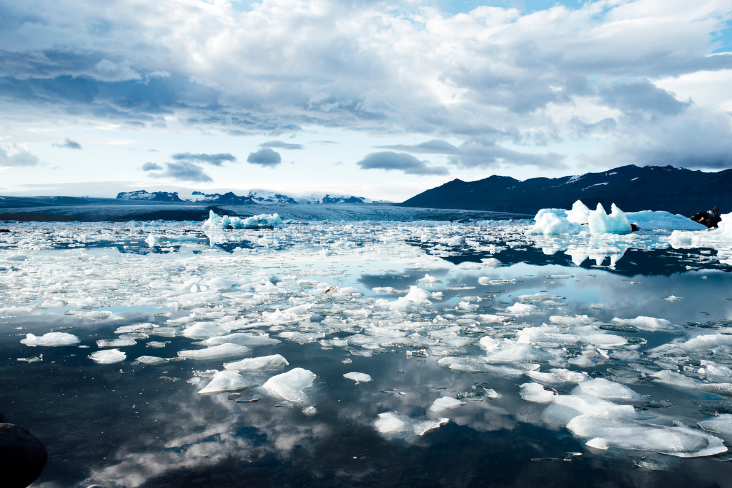Academic says the absence of key international figures at the COP29 conference undermines climate crisis efforts
22 November, 2024
Interview by Sofia Roger Williams, adapted by Sara Mckoy
Distinguished senior scientist, Dr Kevin Trenberth, says Aotearoa “could do a lot more” to address the climate crisis, as the COP29 climate summit finishes up.
The 2024 United Nations Climate Change Conference, or COP29, has brought together representatives from more than 100 countries in Baku, the capital of Azerbaijan, to discuss the ongoing climate crisis.
This comes as The World Meteorological Organisation confirmed 2024 is on track to be the hottest year on record, meaning that global cooperation is especially critical before the end of the decade.
However, despite engagement from almost every country across the globe with the 2015 Global Paris Accord, the United Nations is less than optimistic about current achievements relating to emissions reductions targets.
This, coupled with recent reports of New Zealand’s climate policies falling short of necessary progress towards our environmental goals, has led to doubts about wider efforts to mitigate imminent climate change threats.
Honorary academic at the Faculty of Science at the University of Auckland, and distinguished scholar at the National Center for Atmospheric Research in the United States, Dr Kevin Trenberth, told 95bFM’s The Wire, that the absence of key leaders, including US President, Joe Biden, China’s President, Xi Jinping, and India's Prime Minister, Narendra Modi, is concerning.
“It certainly undermines the thought that there will be major progress at this particular meeting."
He says the excessive role of politics in influencing the annual conference, from where it is located, to the extent that countries – especially the United States – contribute to meeting critical climate goals.
“In the earlier days, it had a little bit of science involved. But nowadays… it’s become political.”
Relating to the responsibility of the United States, Trenberth believes the recent election of Donald Trump could be a cause for concern for their future commitments to global targets.
“[Trump] would be really foolish to push back against a lot of the things that have happened… [but] it remains to be seen.”
While the United States representative at the COP29 is ‘trying to do [their] best’, Trenberth describes their presence as a “lame duck”, given Trump’s notorious climate scepticism and the anticipation that he will withdraw from, or in some cases water down, United States climate commitments.
Trenberth emphasises Aotearoa has an important role to play in shaping the global climate future.
“There are no signs that climate change is under control, so we'd better certainly recognise that and prepare for it in New Zealand."

 95bFM
95bFM 

